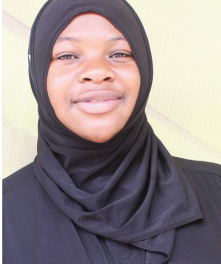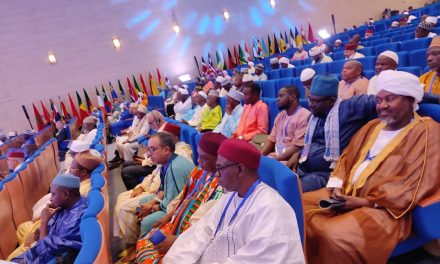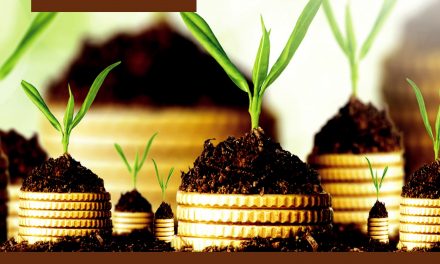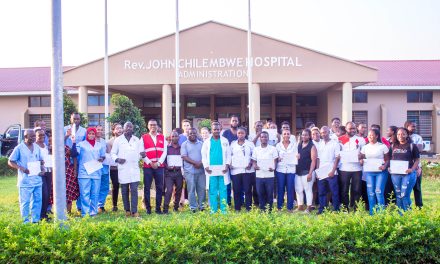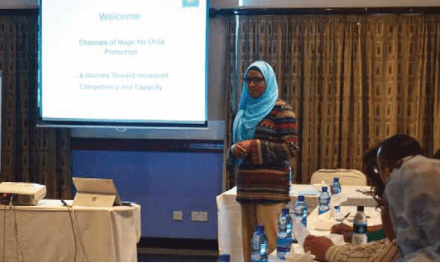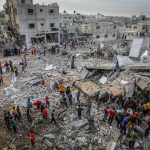
Water is life

Since 1993, the UN has designated March 22 as “World Water Day,” or a day for people around the globe to join together for an international discussion about protecting the world’s most valuable resource.
Reports suggest that currently, more than 650 million people worldwide live without clean water, and an estimated 2.5 billion people lack access to improved sanitation. And moving forward, as pollutants continue to threaten water systems and climate change causes severe droughts as well as extreme flooding like what Malawi has experience last year, people in both developed and developing countries must unite to address a breath of water-related challenges.
Just like last elsewhere Malawi participated in the celebrations on the international theme of Water and Jobs. We at Insight are interested to look at water and its use from an Islamic Perspective.
Islam requires people to always think of the importance of water conservation and explore the integral role water plays in their daily lives.
The Quran states that Allah has made every living thing from water. “Have not those who disbelieve known that the heavens and the earth were joined together as one united piece, then We parted them? And We have made from water every living thing. Will they not then believe?” [Qur’an 21:30]
Water is just such a crucial part of people’s existence and yet people take it for granted. With the impact of climate change on the earth, we are seeing such extremes of weather throughout the world with increased floods and famine, tsunamis and tornadoes.
Water is an integral part of Islam and has been embedded in Islamic beliefs and scriptures. As Muslims, it is important to acknowledge water as one of the immense mercies Allah the Almighty has bestowed upon creation. Using the blessing of water as a source of growth, sustenance and purification.
Muslims are required to perform wudhu and ghusl (ablution rituals) using water before prayer throughout the day. That is why, unlike before, it has been observed that water is placed in and outside many public toilets around the world.
Water does not only benefit in this life, With descriptions of paradise mentioning adorned gardens wherein rivers flow, we know that water will also benefit us in the afterlife, thus reinforcing its importance to mankind. Allah (swt) says in the Qur’an. The mention of rain, fountains and rivers pour through the pages of the Qur’an as a symbol ofAllah’s benevolence to mankind. In Surah Al- Furqan, Allah (swt) describes His Mercy:
“And it is He who sends the winds as good tidings before His mercy, and We send down from the sky pure water” [Quran 25:48]
In the Qur’an, Muslims are encouraged to constantly contemplate and reflect upon nature and their surroundings so that they may cultivate thankfulness for the blessings they receive. Allah the Almighty calls upon the believers to consider the sweet taste that water is made up of and warns mankind that they are no more than guardians on Earth:
“And have you seen the water that you drink? Is it you who brought it down from the clouds, or is it We who bring it down? If We willed, We could make it bitter, so why are you not grateful?” [Qur’an 56: 58-70]
Water conservation is a practice followed by individuals who wish to save water by using it more
Wisely. As we are all dependent on water for our survival, it is crucial for us to learn and understand how we can preserve it for the benefit of generations to come.



